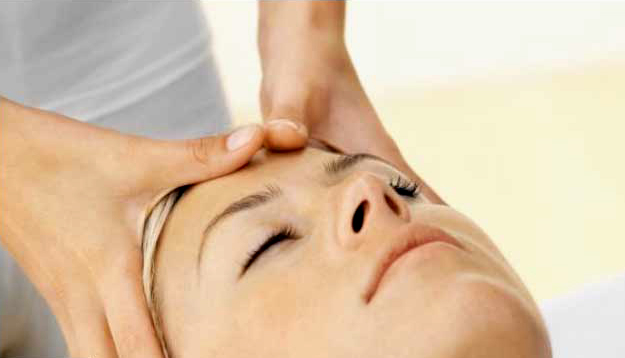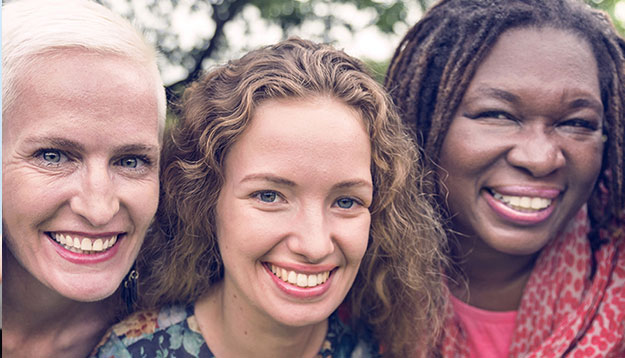On August 4th, Governor Cuomo signed the Maternal Depression Screening bill into law.
What does that mean for you, as an expectant or new mother?
Our staff is thrilled about this bill, as it moves the health care industry toward the awareness, training and the resources necessary to care for a struggle that has been largely overlooked.
The Maternal Depression Screening bill will provide health care practitioners with the screening guidelines to help discern if you are at risk of postpartum depression, or PPD. It will also provide referral sources to help health care practitioners, such as OB/GYNs, midwives, be able to better support you, and pay attention to your mental health, during the first year after giving birth.
In light of this important shift in medical care, here’s 5 things you should know about PPD:
1. It’s Common
According to the American Psychological Association, an estimated 9-16 percent of postpartum women will experience PPD. Among women who have already experienced PPD following a previous pregnancy, some prevalence estimates increase to 41 percent.
Recently, celebrities such as Gwyneth Paltrow and Courteney Cox, among others, have come out about their struggle with PPD, in what has become a nationwide effort to decrease the stigma surrounding PPD. You may feel lonely, at times, but you’re certainly not alone!
2. It is not the same thing as Baby Blues.
Fifty to 80% of mothers experience a kind of weepiness, feelings of dependency and vulnerability that we call “Baby Blues.” These symptoms typically appear on the second or third day after delivery, and pass during the next few weeks.PPD, in contrast, makes it difficult to continue functioning as your normal self. Find out more about its specific symptoms here.
3. You Must Be Kind to Yourself
If you are diagnosed with PPD, it’s important that you are patient with yourself as you work through your symptoms and their corresponding emotions and struggles. As you do this, we suggest creating a loving, safe environment for your body and brain to heal. In short: be kind to yourself. Here’s six stressful situations to avoid in order to do so.
4. Support is Crucial
Studies show that many mothers with PPD feel like they can’t share their feelings, thoughts and symptoms for fear of being “bad mothers.” You are not a bad mother. Rather, you are a very normal one. The best thing you can do for yourself, during this time, is to seek out support groups, professionals and friends that can identify with and encourage you. Here’s an in depth piece explaining why this is so important.
5. This, too, Shall Pass
You will not feel this way forever. You will experience the joy of motherhood. You will feel love, happiness and trust. However, its important to be aware that your journey is unique to you, and the way that you heal will belong, uniquely, to you. Here’s a wonderful resource to get you started.
Are you in need of encouragement or community during this important time of your life? We’d love to hear from you via email, Facebook or Twitter.





